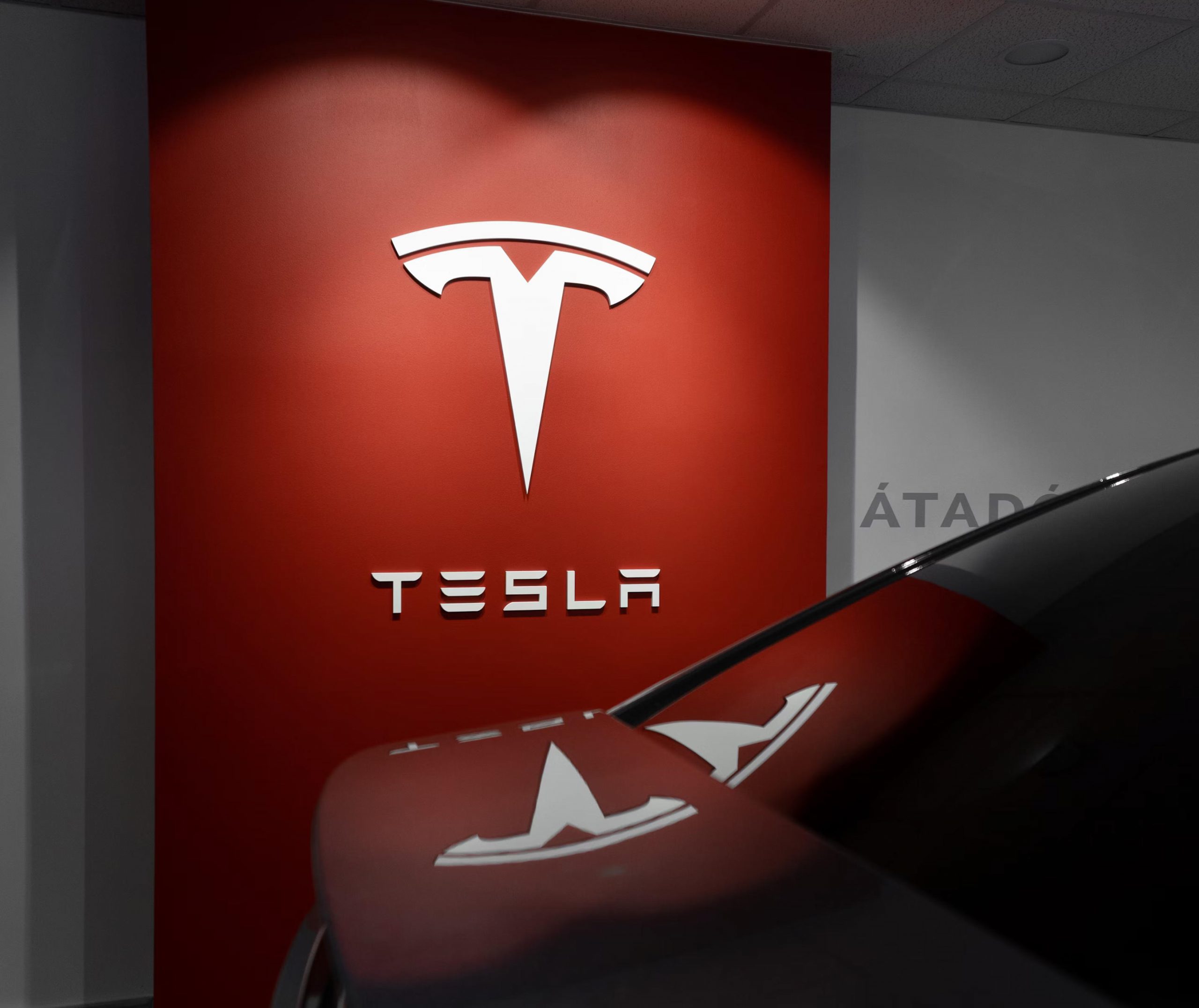The head of Tesla has signalled his opposition to the imposition by the US of even more restrictive tariffs on Chinese electric vehicles (EVs).
CNBC reported that Elon Musk speaking at a conference in Paris said he doesn’t agree with President Biden’s tariffs on Chinese-made electric vehicle imports.
Last week the White House and the US Department of Commerce had announced new tariffs on a number of Chinese goods, which they said were designed “to protect American workers and businesses from China’s unfair trade practices.”

US tariffs
The United States implemented tariffs on a range of Chinese imports, including semiconductors, steel and aluminium, batteries, solar cells, medical equipment, and even certain types of cranes.
Included in these new restrictions however was an increase of tariffs for importing Chinese EVs, from 25 percent to 100 percent.
Some felt that Biden’s EV tariffs were largely symbolic as Chinese EVs were already subject to US tariffs imposed by Donald Trump during his presidency.
But the decision by the Biden Administration to raise the tariff to 100 percent ensures Chinese-made EVs are effectively locked out of the US market in the years ahead.
Now Elon Musk has expressed his opposition to the US move.
“Neither Tesla nor I asked for these tariffs,” Musk was quoted by CNBC as saying during a question and answer session at the VivaTech conference in Paris on Thursday. “In fact, I was surprised when they were announced.”
“Tesla competes quite well in the market in China with no tariffs and no deferential support,” Musk reportedly said. “I’m in favour of no tariffs.”
Elon Musk
The tariffs come as Tesla loses ground in China due to intense competition and falling demand for EVs in general.
It should be remembered that Tesla and other major car makers including Volvo, Ford and Mercedes-Benz had actually sued the US government in September 2020 in protest at the tariffs imposed by Donald Trump on Chinese imports (including EVs).
They sought to end what it described as President Trump’s “unlawful” tariffs on Chinese-made components, and Tesla also sought a refund on all duties paid – plus interest.
In March 2023 the Court of International Trade ruled in favour of the federal government, leaving the tariffs in place for now.
The case is currently at the Court of Appeals for the Federal Circuit.
But more recently Elon Musk had seemed in favour on some type of restrictions on Chinese EV imports into the US, after he had suggested earlier this year that Chinese EV companies will crush competitors in the absence of trade restrictions.
“Frankly, I think, if there are not trade barriers established, they will pretty much demolish most other companies in the world,” Musk was widely quoted as saying on an earnings call in January.
Falling sales, oversupply
Tesla last month posted first quarter profits down 55 percent, and revenues down 9 percent, as it struggles with waning consumer demand, ageing EV models, and increased competition (most notably from Chinese manufacturers).
And there seems Tesla may have a growing oversupply problem, with the EV giant reportedly carrying 45,000 completed EVs in stock.
A sign of this may when Tesla recently rented the car park of a closing down shopping mall (Chesterfield Mall) in Missouri so it could store hundreds of unsold EV models.
Many car makers carry excess inventory, but Tesla has a business model where it only builds a car once an order is received, so the news it is now carrying such large amounts of inventory will further worry shareholders.





